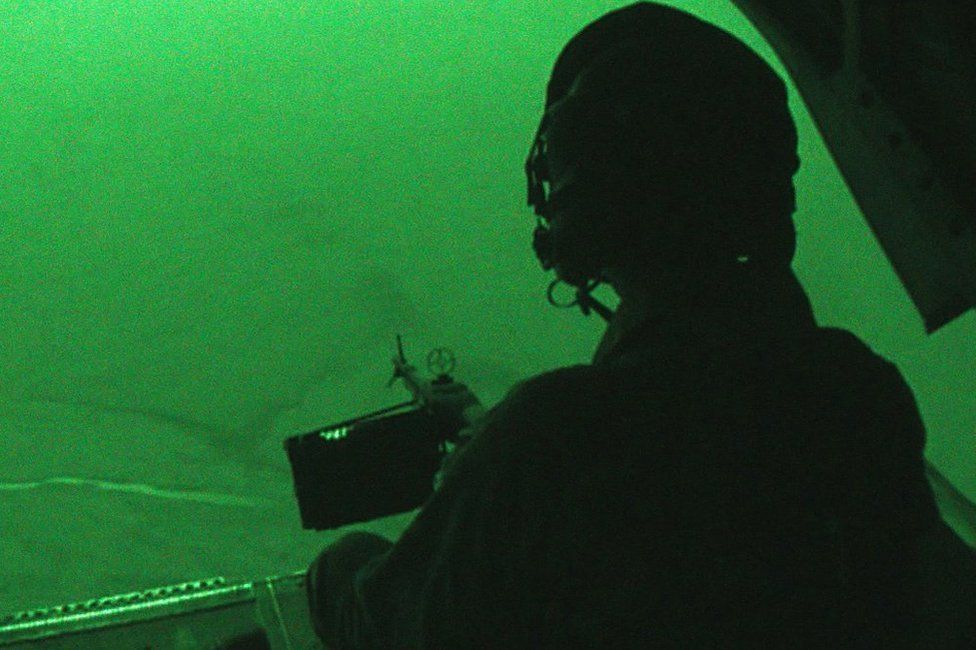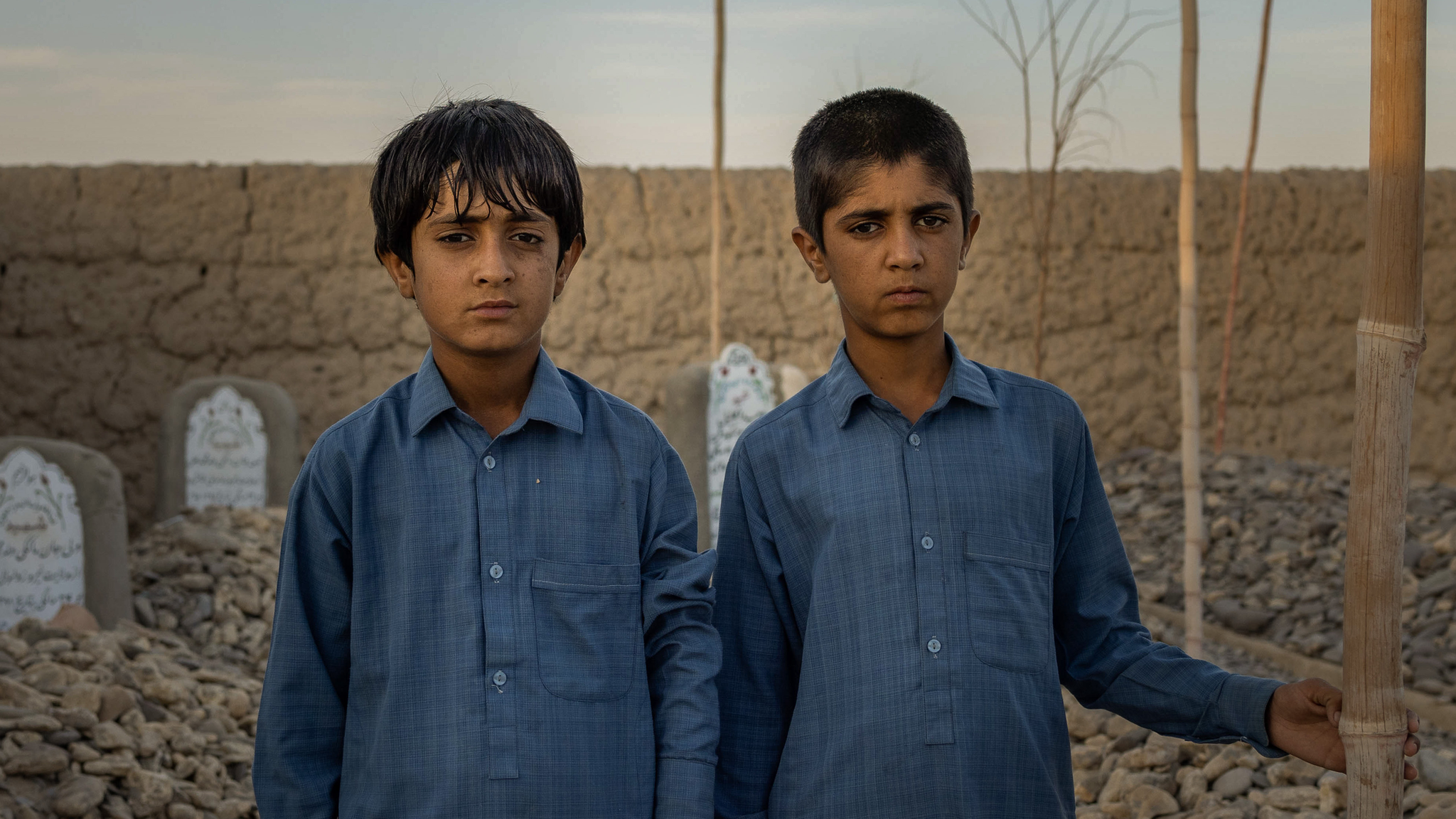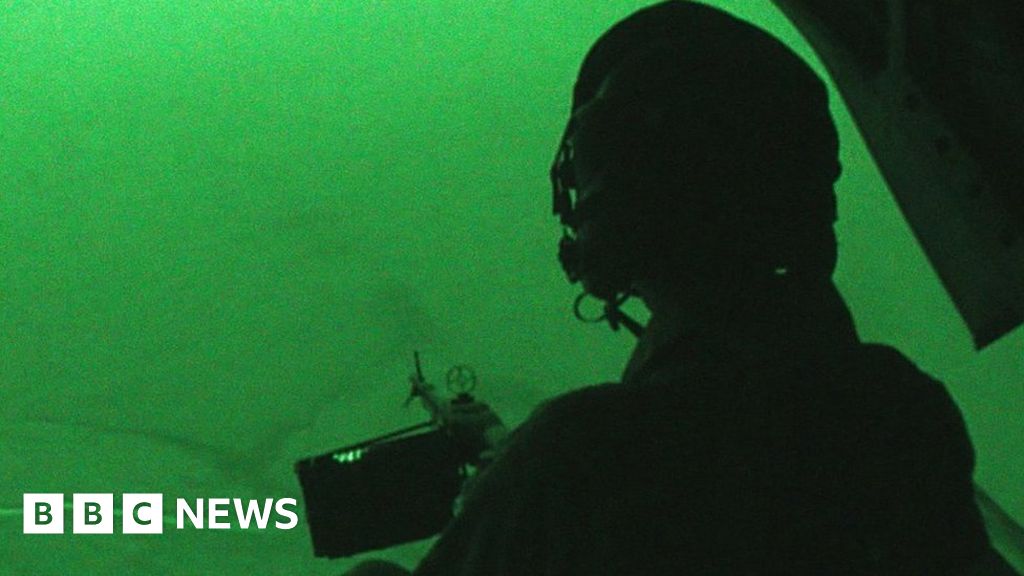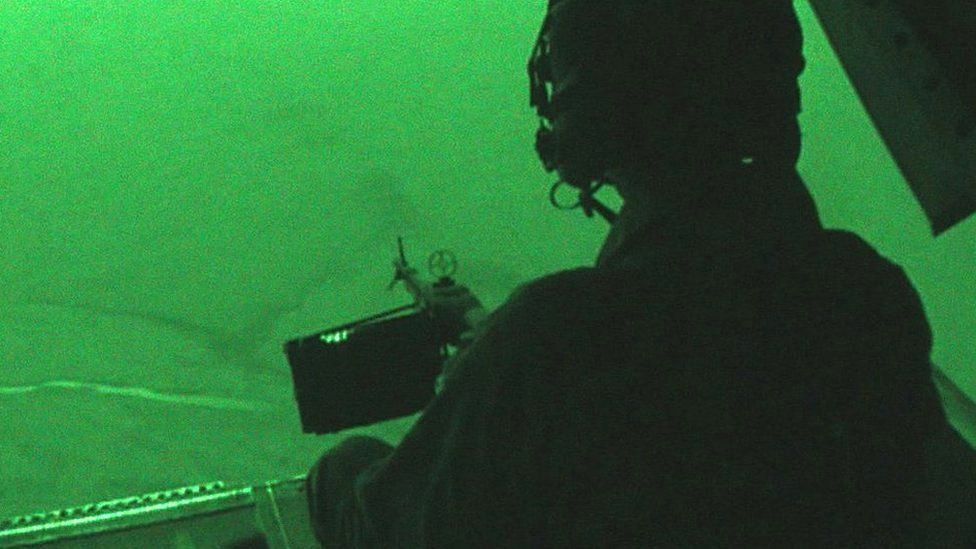
The Ministry of Defence has confirmed for the first time that UK Special Forces are at the centre of a war crimes inquiry.
The MoD on Wednesday abandoned an effort to restrict any mention of Special Forces’ involvement in the alleged war crimes in Afghanistan.
The MoD’s stance had been challenged by bereaved family members and by several media outlets, including the BBC.
The inquiry follows years of reporting into alleged SAS unlawful killings.
In a statement ahead of a hearing of the Independent Inquiry relating to Afghanistan, Defence Secretary Ben Wallace said: “The inquiry is now reaching the stage of substantive hearings, and I can confirm that the allegations relate to the conduct of UK Special Forces.”
The decision to confirm the involvement of Special Forces units in operations under scrutiny from the inquiry reverses the position previously held by the MoD.
Mr Wallace said the confirmation of Special Forces involvement was made only “in the exceptional circumstances of this inquiry”.
“Outside of this very specific context, such confirmation should not be seen to alter the longstanding position of this government, and previous governments, to not comment on the deployment or activities of the UK Special Forces,” he said.
The MoD had previously argued that the inquiry should restrict from the public “any evidence or documents or words or passages of documents, that tend to confirm or deny the alleged involvement of United Kingdom Special Forces in the operations that are to be investigated”.
But on Monday, less than 48 hours before they were due to argue their case in front of the chair of the inquiry, Lord Justice Haddon-Cave, MoD lawyers wrote to the inquiry saying the ministry “proposed to abandon that part of their application”.
The reversal, confirmed at the hearing on Wednesday, means that evidence of involvement of UK Special Forces in the alleged unlawful killings in Afghanistan can be discussed openly in the inquiry hearings and reported publicly.
A long-running investigation by the BBC uncovered evidence clearly indicating that one SAS unit operating in Afghanistan in 2010 and 2011 killed 54 people in suspicious circumstances in one six-month tour.
Further reporting by the BBC uncovered specific cases that caused concern at the highest level of UK Special Forces, including a 2012 raid in which a different unit killed two parents and gravely wounded their two infant boys.
The MoD is still pursuing a request for all Special Forces personnel involved in the operations in Afghanistan to automatically be granted anonymity, and for all witness evidence about the operations themselves to be held in closed hearings, away from both the bereaved families and the public.
The MoD’s lawyer, Brian Altman QC, also said that the ministry intended to keep in place its “neither confirm nor deny” policy in relation to naming specific UK Special Forces units or sub-units, arguing that the identification of “particular force elements” would pose a risk to future capabilities and operations.
Lawyers for the families of Afghans killed in seven separate Special Forces operations argue that the overall restrictions being sought by the MoD are “unjustifiable and seriously damaging to the credibility of the inquiry”.
Tessa Gregory, a partner at Leigh Day, the law firm representing the families, said that the relatives had suffered “years of cover up and obfuscation” and remained concerned even as the inquiry began that the MoD was “seeking to shut the door on them and prevent evidence being heard in public”.
“The bereaved families now put their trust in the inquiry to uncover the truth,” Ms Gregory said.
Speaking at the opening of the hearing at the Royal Courts of Justice in London, Lord Justice Haddon Cave said that, in line with the 2005 Inquiries Act, “as much as possible should be heard in public to allay public concerns about the subject matter of the inquiry”.
But the chair acknowledged that some evidence would need to be heard in closed hearings, because of national security concerns. “The essential task is to balance the competing considerations in the public interest,” he said.
A spokesman for the MoD said: “It is not appropriate for the MoD to comment on cases which are within the scope of the Statutory Inquiry and it is up to the Statutory Inquiry Team, led by Lord Justice Haddon-Cave, to determine which allegations are investigated.”
A lawyer for the Royal Military Police, Paul Greaney KC, told the inquiry on Wednesday that it was currently investigating allegations of unlawful killings in Afghanistan and had received evidence from informants on a confidential basis.
Stressing the importance of continuing its investigations without prejudicing potential prosecutions, and avoiding discouraging new informants coming forward, the RMP said it was seeking its own restrictions around three key areas: matters relating to its ongoing investigations; the identities of confidential informants; and the covert techniques and methods employed by the RMP so far in its investigations.

Do you have information about this story that you want to share?
Get in touch using SecureDrop, a highly anonymous and secure way of whistleblowing to the BBC which uses the TOR network.
Or by using the Signal messaging app, an end-to-end encrypted message service designed to protect your data.
- SecureDrop: http://kt2bqe753wj6dgarak2ryj4d6a5tccrivbvod5ab3uxhug5fi624vsqd.onion/
- Signal: 07714 956 936
Please note that the SecureDrop link will only work in a Tor browser. For information on keeping secure and anonymous, here’s some advice on how to use SecureDrop.

Related Topics
-
-
14 December 2022

-

